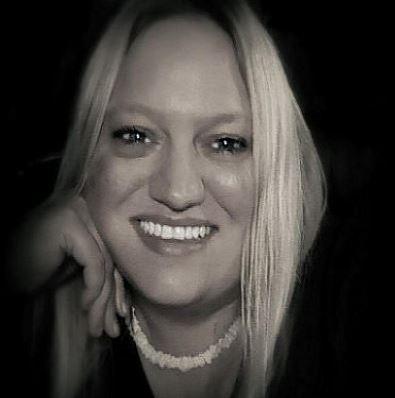Disabled children are a heightened risk of being bullied. Kids with cerebral palsy, for instance, are often harassed due to their physical limitations, and sometimes, their inability to tell others that they’re being bullied. It’s heartbreaking that children who’re dealing with their own set of issues that come along with disabled are also facing social isolation and taunting from their peers. That’s why it’s important for parents, teachers, and the community as a whole to be aware of bullying signs, and step in to help.
About Cerebral Palsy and Bully Issues
According to a study published in the National Institutes of Health (NIH), children with cerebral palsy are likely to experience social isolation from both teachers and students. When the teachers treated children with CP differently, and perhaps unintentionally isolate them, the student are more likely to bully them, including both mental and physical abuse.
The study, conducted by Amy C. McPherson and Sally Lindsay, both of the Bloorview Research Institute and the Dalla Lana School of Public Health at the University of Toronto, indicated that there isn’t enough being done (by both healthcare providers and educators) to help children with cerebral palsy who’re being constantly picked on, beat up, and harassed at school.
The study suggests that educators and healthcare providers should become much more aware of the symptoms of bullying, including identifying the children most likely likely to become victims. Instead of treating kids with cerebral palsy differently (whether intentional or not), educators should include them just as any other student, as well as help other children understand disabilities better. Teachers should also help children with cerebral palsy learn to express themselves to adults when they are being bullied.
Parents also have an important role in identifying when their children are being bullied. It’s important be proactive and learn the signs that bullying may be happening to your child, especially children who have difficulties with communication.
Is Your Child Being Bullied? Signs to Healthy Look For
A number of children with cerebral palsy will not tell their parents nor their teachers when they’re being harassed, humiliated, or physically abused by their peers. In some instances, kids with cerebral palsy lack the ability to fully express what’s happening to them, and in other situations, they may not understand that what’s happening to them is wrong. Sometimes, they’re simply embarrassed or scared to “rat out” the bullies.
There are many signs to look for that can you determine if your child is being bullied. Some of the most common signs include:
- Withdrawing and feeling anxious
- Upset when they have to go to school
- Nightmares
- Torn clothing or torn school materials (backpacks, homework, folders, etc.)
- Lower grades
- Unexplained bruises, sores, and cuts
- Taking a different route to school: For instance, children who ride the bus may start insisting that parents take them school instead.
It’s important to communicate with your children and let them know that bullying is unacceptable. Additionally, reach out to your child’s teachers, and if you aren’t seeing any results, contact the school administrator and the school district. Cerebral Palsy Guidance reports that disabled children have federal civil rights if they’re being discriminated against or harassed, and schools must follow certain rules to ensure that the bullying is stopped.
What About the Bullies? Can They Be Stopped?
According to Dr. Claudio V. Cerullo, founder of Teach Anti Bullying, Inc., bullies need their parents, as well their teachers, to let them know that what they’re doing is absolutely not OK. It starts at home, and parents need to hold their children responsible if they’re bullying other children.
“If a parent suspects his or her child is bullying other students, it is critical that parents of bullies be clear that they do not support the behavior,” said Dr. Cerullo. “Not only should they contact the school, but they should enforce rules regarding behavior and get their child involved with positive social activities.”
It may take a team of people to stop bullying, but it can be done as long as everyone involved remains proactive. Bullying is a serious issue and should always be treated as such. There’s no rule that getting beat up, teased, or taunted is just a part of growing up.



